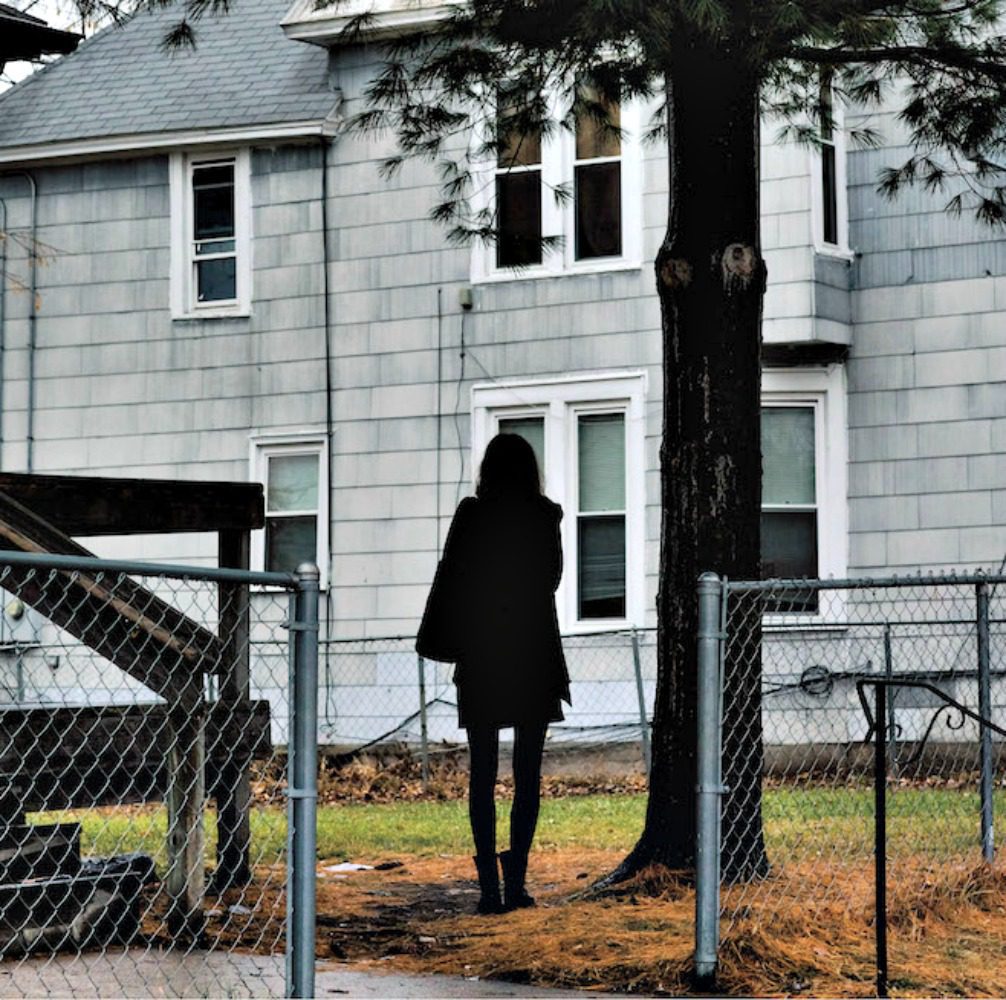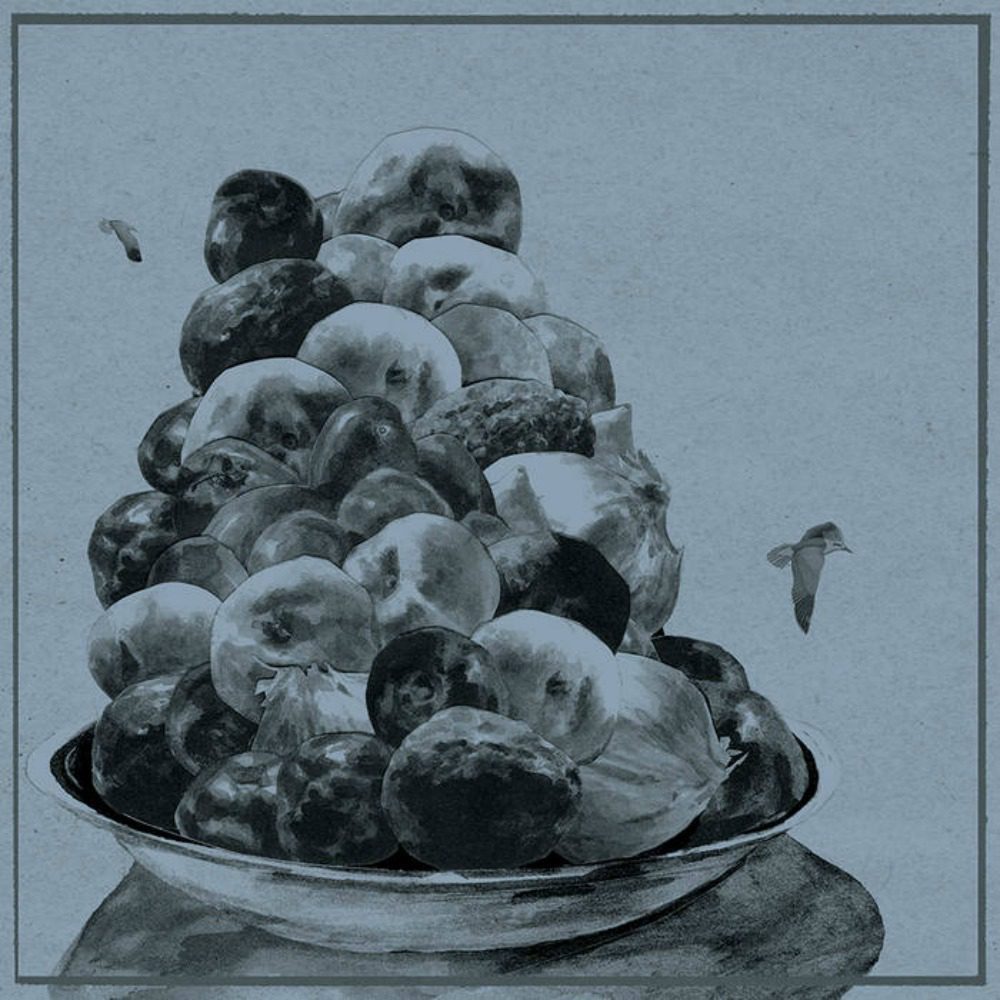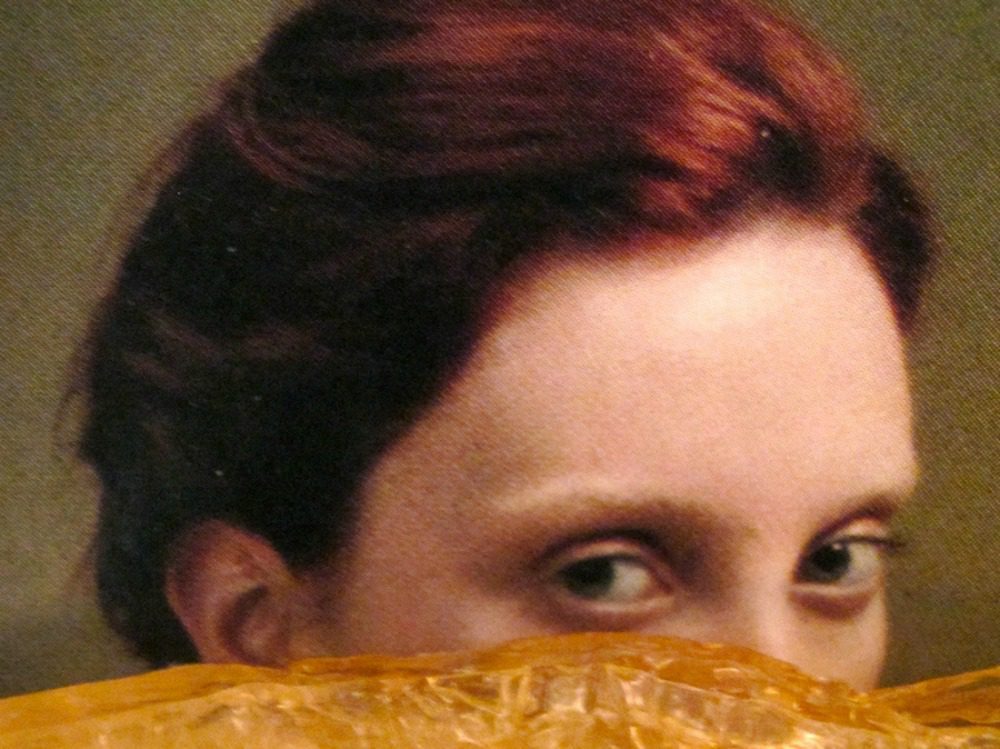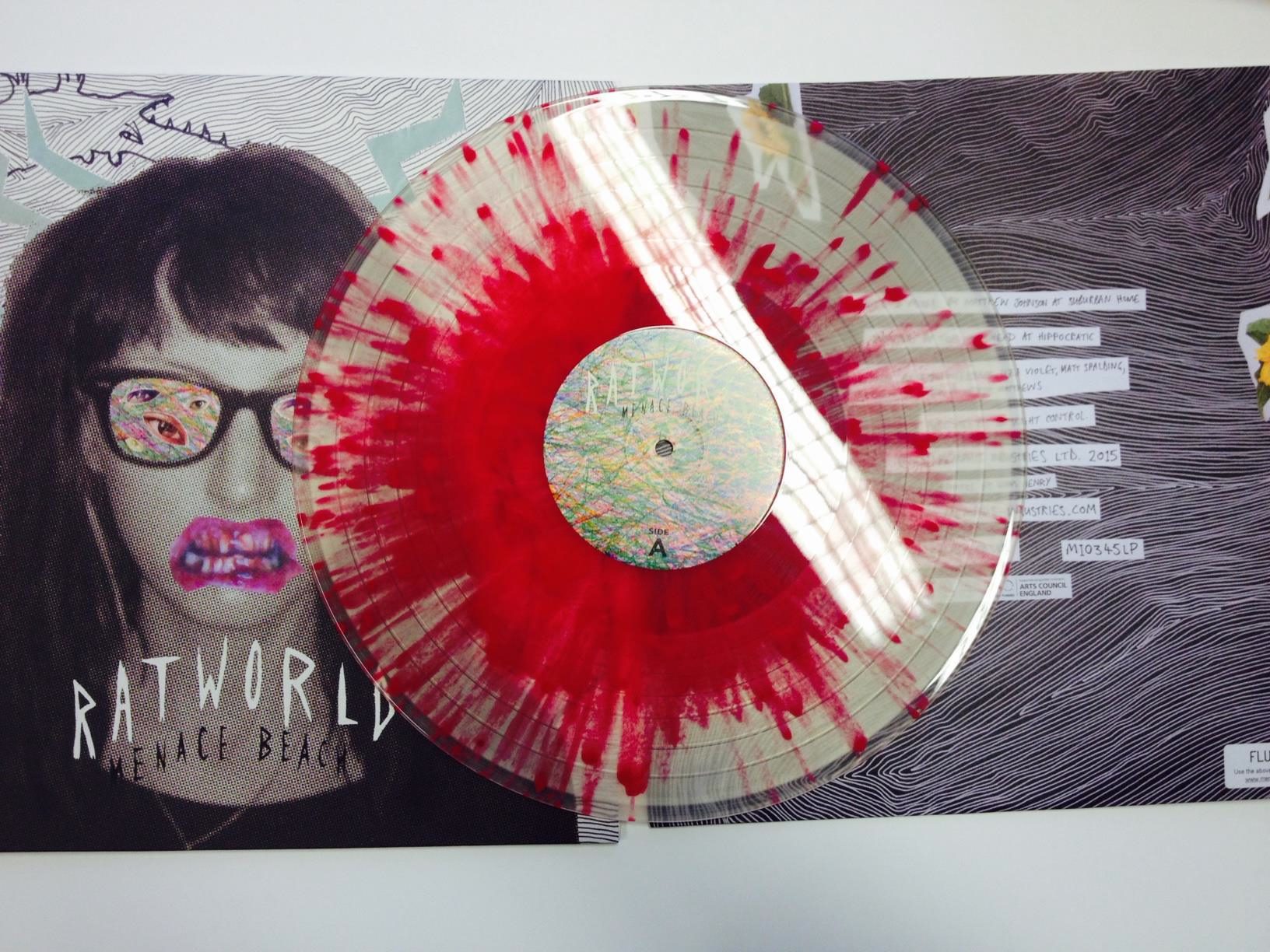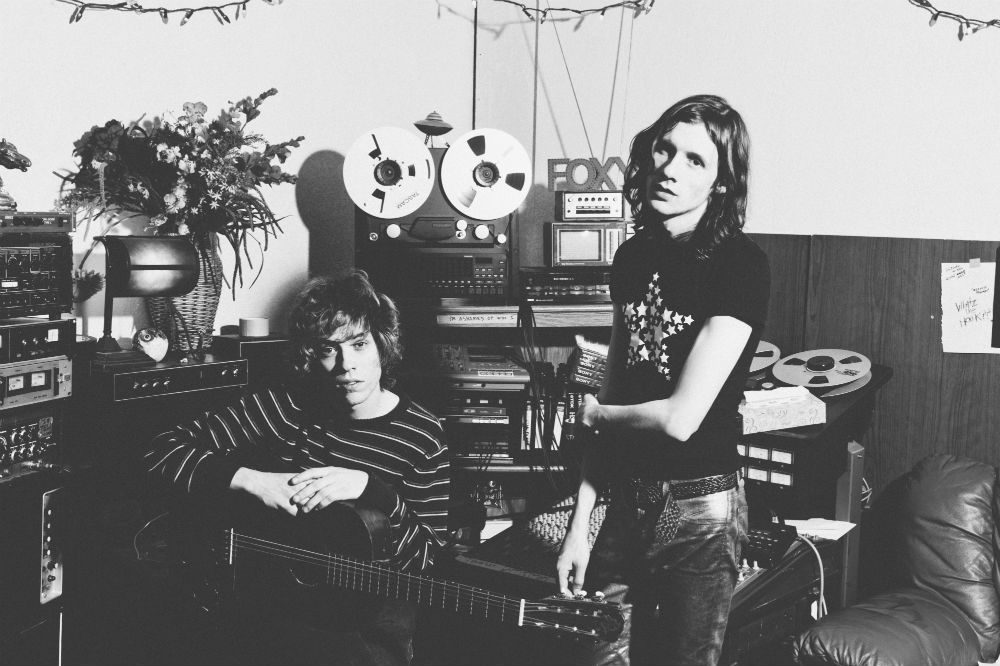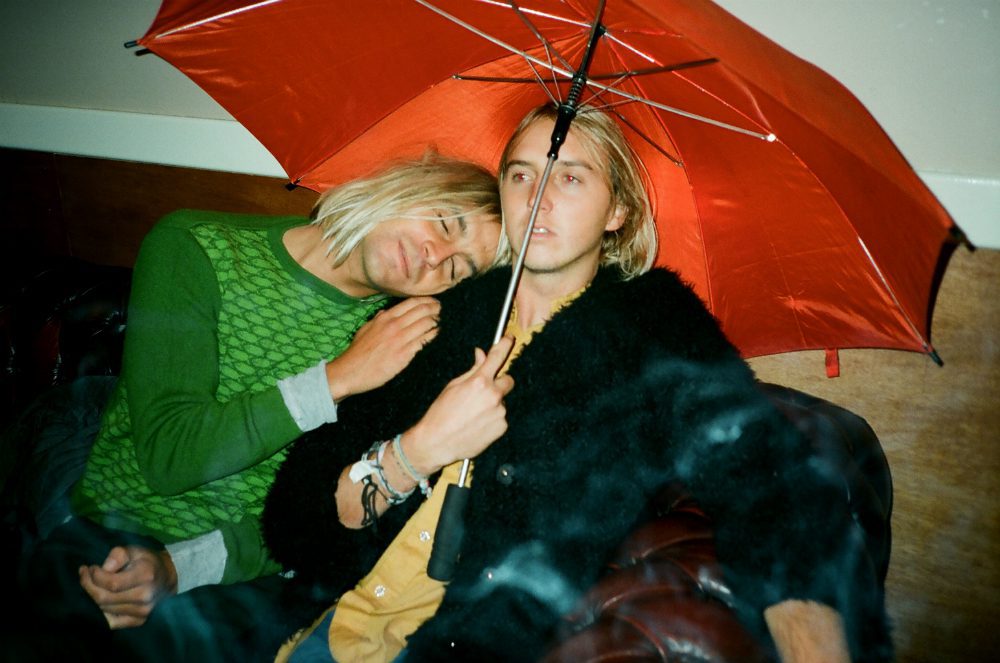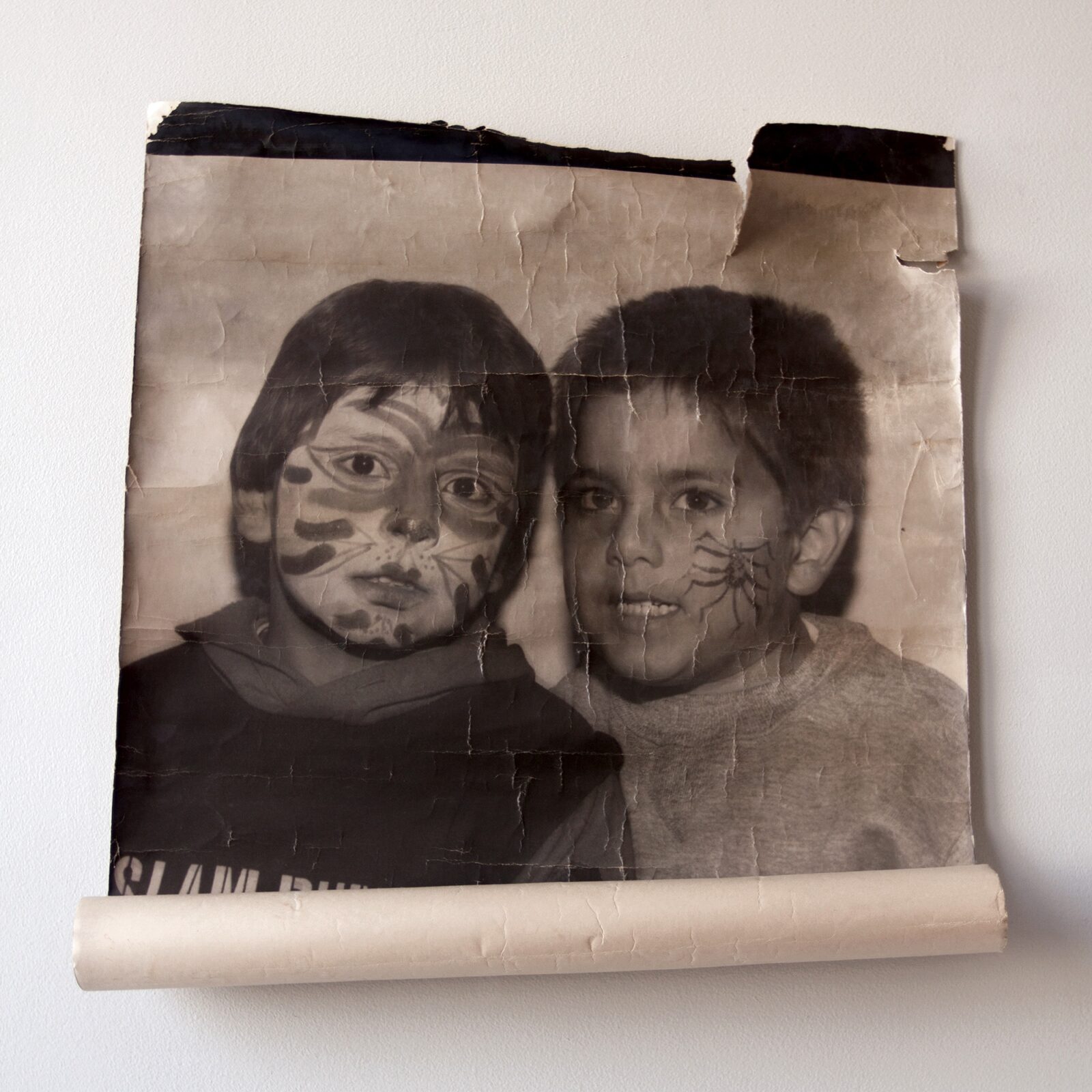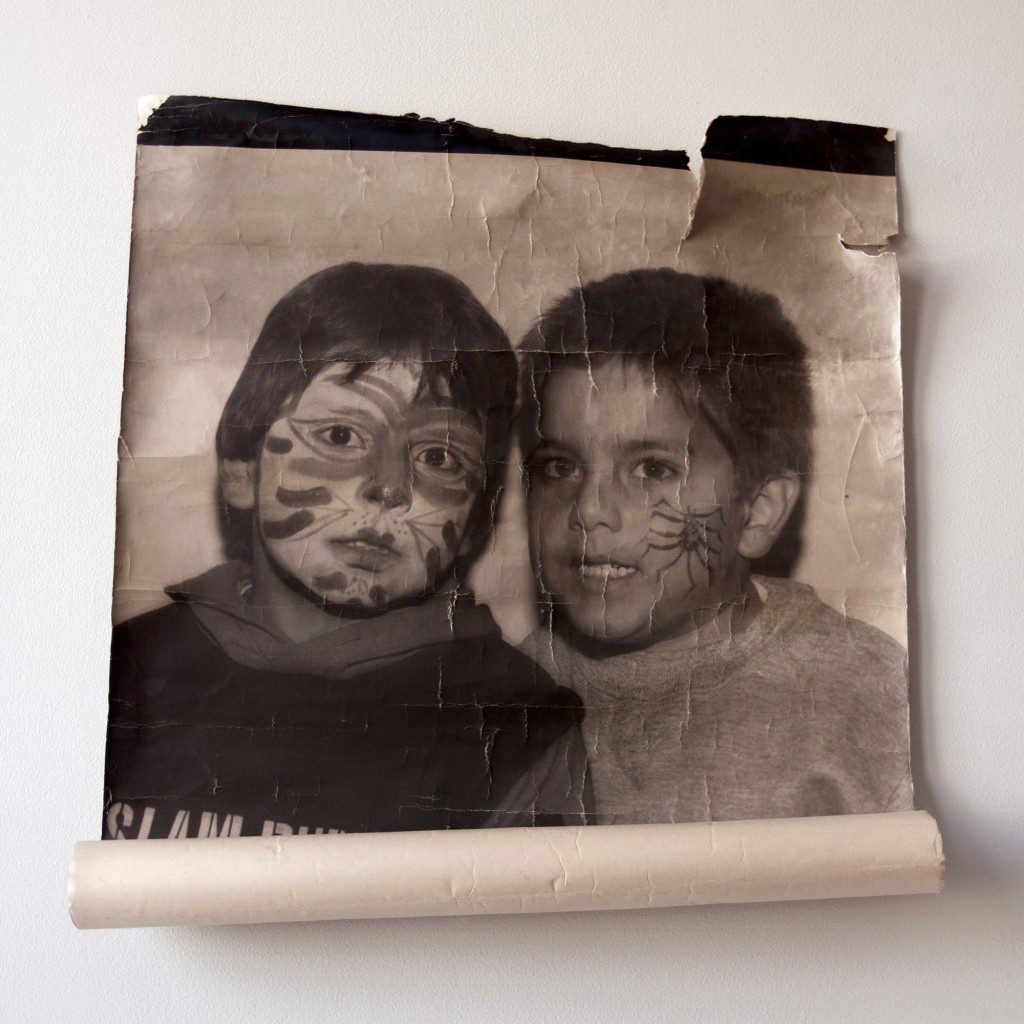

Orphan, the first major label release on Chop Shop/Island Records from contemporary rockers Empires, is equal parts purist and fugitive. With deference for all that came before them, the four Chicago natives spin out in multiple, bold new directions. Throughout, Sean Van Vleet’s silky vocals run like water over the sharp edge of gritty garage rock instrumentation. At times, the group leads with their alternative core – a brooding acidity that first cracks, then erupts with uncontainable, melodic energy. In later tracks, the band summons the likes of 80s essentials New Order with their tasteful use of synth accents, overlapping reverbs, and pop-reminiscent harmonies. Furthermore, their experiments with unlikely intros on tracks “Silverfire” and “Shadowfaux” bring an element of spontaneity that cements Empires’ commitment to expanding their breadth and that of modern rock itself.
“Orphan,” the title track and second on the album, also begins unconventionally, with spacey sound effects and monotone strumming. However, the catapulting lick of the chorus soon brings forth a kaleidoscope of blurred streetlights and blue-black skylines. An utterly succinct track, it demonstrates Empires’ knack for compacting complexity. Experiential and transient, it foreshadows the album as a whole with its sprawling scope and often indescribable landscape of emotions.
Next comes “Hostage.” Coarse upon the ears, jagged in the chest, the track is firmly rooted in that ominous, alternative world that is Empires’ lifeblood. Van Vleet’s intonation echoes with the raspy quake of the guitars, revealing a rawness to his instrument that was previously unknown to the listener. “I struggle with the loneliness / And you, you help me, you’re the cure for it,” he confesses in the rousing bridge, going on to unleash the full power of his resounding bellow to the very last screech of the amp.
Smack-dab in the middle of the 11-track LP is “Lifers,” a waif-like interlude striking in its simplicity. Whimsical verses float upon dreamy keyboards and lackadaisical drumbeats. It makes for a soothing pause before Orphan launches into a second half characterized by pop/new wave sentiments. “Please Don’t Tell My Lover,” a funky delight at #8, demands the listener’s attention. It’s fresh, complete with warped synth strings that drift in and out around an addicting, bouncy guitar riff. The vocal runs on the chorus are so catchy, they imprint themselves instantly in the mind, and the beat is sure to motivate a move or two, adding a dance hit to the album’s already impressive list of rock subgenres.
Finally, at second to last, there’s “Glow.” Stripped down strumming and sparse drumming accompany an insightful, meandering lyric line that muses, “Inspired on failed love in the debris of heart dust / When the night falls I expose to give you a show / And I need you to glow.” Repeatedly, choruses explode forth from a crescendo of drums and oohs that ring out like sirens, but it all stops abruptly in the end. A guileless conviction fully expressed, there is nothing left to be said.
There’s much to be said of this “empirical” venture though. Epic and edgy, the album is just the sort of statement that should mark a major label debut for burgeoning headliners. Drawing inspiration from the best of influences all the while influencing us to find new inspiration, Orphan solidifies Empires’ status as a group that other rock musicians will be taking cues from soon.
Listen to “Please Don’t Tell My Lover” from Orphan via Soundcloud.
Catch the boys at one of their many North American tour stops below:
10/2 – Kansas City, MO at the Record Bar
10/4 – Austin, TX at Austin City Limits
10/10 – Austin, TX at Stubbs Jr.
10/11 – Austin, TX at Austin City Limits
10/17 – Akron, OH at Musica
10/18 – Columbus, OH at the Rumba Cafe
10/19 – Grand Rapids, MI at Founders Brewing Company
10/21 – Minneapolis, MN at 7th St. Entry
10/23 – DeKalb, IL at the House Cafe
10/24 – Champaign, IL at Error Records
11/7 – Pontiac, MI at the Pike Room
11/8 – Pittsburgh, PA at the Smiling Moose
11/9 – Philadelphia, PA at the Barbary
11/11 – Boston, MA at Church of Boston
11/13 – Hoboken, NJ at the W Hotel
11/14 – Brooklyn, NY at Baby’s All Right
11/15 – Washington, DC at DC9
11/16 – Carrboro, NC at Cat’s Cradle Back Room



